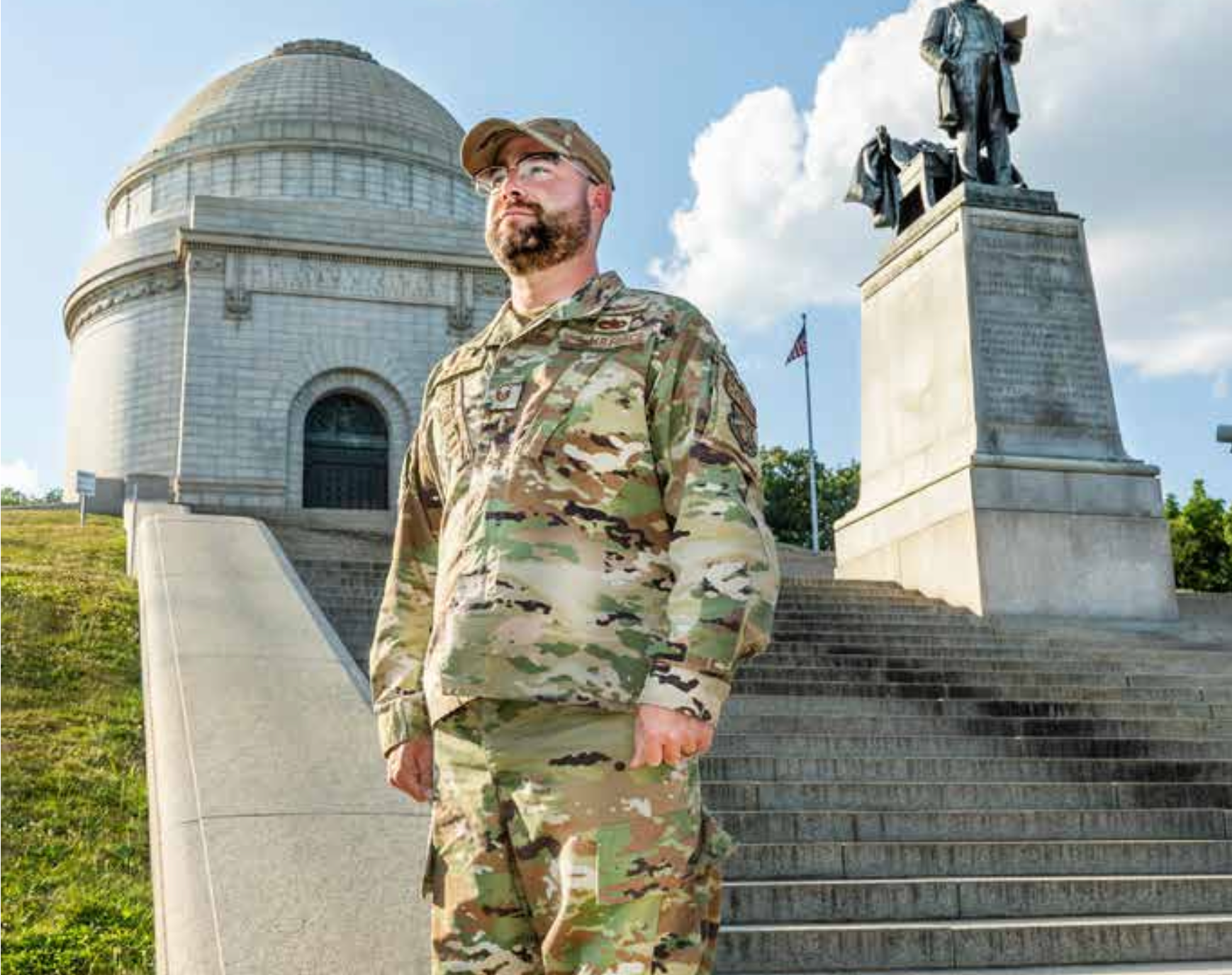Article
Successfully Transitioning To A Civilian Career
PROFESSIONAL PERSPECTIVE
Transitioning from military
to civilian life is a significant shift that presents numerous
challenges, particularly when it comes to finding a job. For many veterans, the job search can be daunting due to differences in culture, language, and expectations between the military and civilian sectors. However, with the right approach and resources, former military personnel can overcome these hurdles and find fulfilling careers.
Translating Military Skills
to Civilian Terms
One of the primary challenges veterans face is translating their military skills into civilian language. Military roles often involve skills and experiences
that are not immediately apparent
to civilian employers. For example, a logistics officer in the military manages supplies and equipment, a role that can correspond to supply chain management in the civilian sector. Veterans should focus on highlighting their leadership, problem-solving, and team-building skills, which are highly transferable.
To bridge this gap, veterans
can use resources like the Military Occupational Classification (MOC) crosswalk, which helps translate military job codes into civilian job descriptions. Additionally, career counselors and resume writing services specializing in military transitions can provide invaluable assistance.
Adjusting to Civilian Workplace Culture
The cultural shift from a structured, hierarchical military environment to
a more flexible and diverse civilian workplace can be challenging.
Veterans are used to a clear chain of command and defined roles, whereas civilian workplaces may have a more collaborative and less formal atmosphere.
To adapt, veterans can benefit from mentoring programs where they are paired with experienced professionals who can guide them through the nuances of civilian work culture.
Networking with other veterans who have successfully made the transition can also provide insights and support.
Addressing Employment Gaps
and Educational Requirements
Some veterans may have gaps in their employment history due to deployments or training periods. It’s important
to address these gaps proactively in resumes and interviews by explaining the skills and experiences gained
during those times. Additionally, many military roles require continuous training and education, which can be leveraged to demonstrate a commitment to professional development.
For those lacking certain educational credentials required for civilian jobs, many organizations
and programs offer educational opportunities specifically for veterans. Institutions like the Post-9/11 GI Bill provide funding for higher education and vocational training, enabling veterans to gain the qualifications needed for their desired careers.
Overcoming Stereotypes and Biases
Unfortunately, some employers may have misconceptions about veterans, assuming they might struggle with PTSD or have difficulties adjusting to civilian life. It’s crucial for veterans to be prepared to address these biases head- on. They should be ready to discuss how
their military experience has prepared them for the civilian workforce, emphasizing their reliability, discipline, and ability to perform under pressure.
Participating in veteran-friendly job fairs and working with organizations dedicated to veteran employment, such as Hire Heroes USA or the Wounded Warrior Project, can help veterans connect with employers who understand and value their military background.
Leveraging Veteran Support Networks
Veterans should take advantage
of the extensive support networks available to them. Numerous non- profit organizations, government programs, and veteran service organizations offer job placement assistance, career counseling, and networking opportunities. Programs like the Department of Veterans Affairs’ Vocational Rehabilitation and Employment (VR&E) provide comprehensive services to help veterans with service-connected disabilities prepare for, find, and maintain suitable careers.
Online platforms like LinkedIn have veteran-specific resources and groups where veterans can connect with recruiters, join professional networks, and access job postings targeted at former military personnel.
Conclusion
The transition from military to civilian employment can be challenging, but with the right strategies and resources, veterans can successfully navigate
the job search process. By effectively translating their skills, adjusting to new workplace cultures, addressing employment gaps, overcoming biases, and leveraging support networks, former military personnel can find rewarding careers that utilize their unique strengths and experiences. The key is persistence, preparation, and taking full advantage of the myriad resources available to support veterans in their career transitions.
share this
Related Articles
Related Articles
STAY UP TO DATE
GET PATH'S LATEST
Receive bi-weekly updates from the church, and get a heads up on upcoming events.
Contact Us









